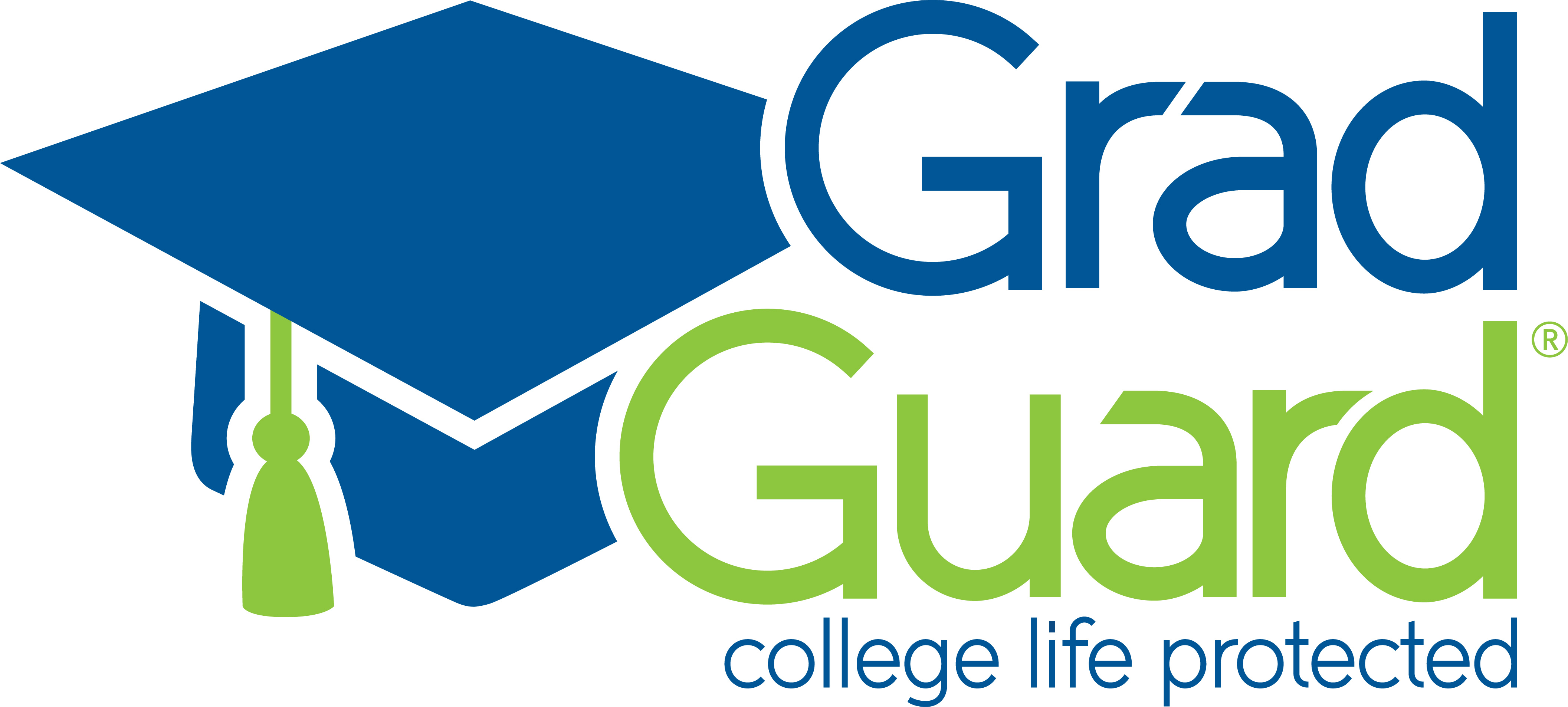Finance FAQ
Financing your education—find answers to tuition and aid questions related to attending Seattle University.
/114x0:1807x1080/prod01/channel_34/media/seattle-university/admissions-amp-aid/tuition-amp-fees/SeattleU_ZOOM_backgrounds_002.JPG)
See the finance related frequently asked questions below. If you don't see what you are looking for there, try these other FAQ sections:
- General FAQ
- Payment Plan FAQ
- Late Payments FAQ
- Sponsored Accounts FAQ
- Billing FAQs
- Credit Balance and Refunds FAQs
Please see the undergraduate costs page or the graduate costs page for more information.
Students seeking financial aid can complete the Free Application for Financial Student Aid (FAFSA). The FAFSA is available each year by October 1st. Indicate on the FAFSA that you want the results sent to Seattle University (School Code 003790). The processor will send us this information only if you use this code. The academic year begins with the summer quarter and ends with the spring quarter.
Students who are not eligible to file a FAFSA due to immigration status, can file the Washington Application for State Financial Aid (WASFA) to be considered for state financial aid.
To maximize your financial aid opportunities, be certain your FAFSA or WASFA is submitted by the following deadlines:
Early Action Priority Deadline: December 1st
Regular Decision Deadline: February 1st
No. Students are encouraged to submit FAFSA/WASFA early. Do not wait until you are admitted. Once you are admitted, Student Financial Services will prepare a financial aid offer for you.
The amount of your award is determined by the amount of your financial need and available funding. The greater your need, the more aid we can offer you. The type of aid you are awarded depends on your eligibility for the various aid programs. Each program has its own requirements. Most students are offered a combination of gift assistance (grants and scholarships that don't have to be repaid) and self-help aid (loans and/or work-study opportunities).
In general, need is defined as the difference between the amount it costs you to attend college for one year and the amount you and your family can afford to pay according to the Free Application for Federal Student Aid (FAFSA). Costs vary from college to college, but for the most part, your ability to contribute is the same no matter where you apply. You might be eligible for financial aid from Seattle University even if you are not eligible at other colleges.
Seattle University uses the federal methodology to determine the Student Aid Index (SAI). If using this methodology for college does not provide a family with enough assistance, students may request an appeal due to extenuating financial circumstances, after they have received their initial financial aid offers.
All students are awarded assistance based on the data they provide on the FAFSA/WASFA. Special circumstances are reviewed after all students have received financial aid offers.
Employment opportunities are posted on Handshake for students choosing to work part-time. A work-study award is not required to work on campus.
The Federal PLUS and Unsubsidized loan programs are available and are not based on need. Private Educational Loans are also available.
Remember: don't decide ahead of time that we can't help. You may be pleasantly surprised by what is available to you.
The expenses for books and housing are included in the calculation as part of your cost of attendance, as is a moderate allowance for personal expenses like clothing and health insurance.
These figures are re-examined and adjusted each year for inflation and other factors. Students with extra expenses (such as unusual medical or day-care costs) can have their budgets adjusted to include these expenses as well.
Yes! Seattle University has partnered with GradGuard to provide an option for students and their supporters to purchase tuition insurance. We believe you should have an easy an affordable way to protect the investment your and/or your family has made in higher education. GradGuard can provide reimbursement for tuition, room, board, and other fees if you are forced to withdraw due to a covered illness, injury, mental health condition, or other covered reason at any time during the covered term. Students have the option to purchase the plan as-is or choose a coverage amount that makes sense for their circumstances. Tuition insurance must be purchased before the first day of classes each term and is offered as a voluntary benefit to our families. Your participation is not required but highly recommended. Seattle University is not compensated for this program. Learn more by calling GradGuard at 877-794-6603 or visiting https://gradguard.com/tuition
Learn More about GradGuard's Tuition Insurance

Get in Touch
We’re here to help. For financial aid questions contact:
Student Financial Services
Vi Hilbert Hall, 2nd floor
Monday-Friday 9:30am-4:00pm
Drop-in Counselors available 10am-3pm